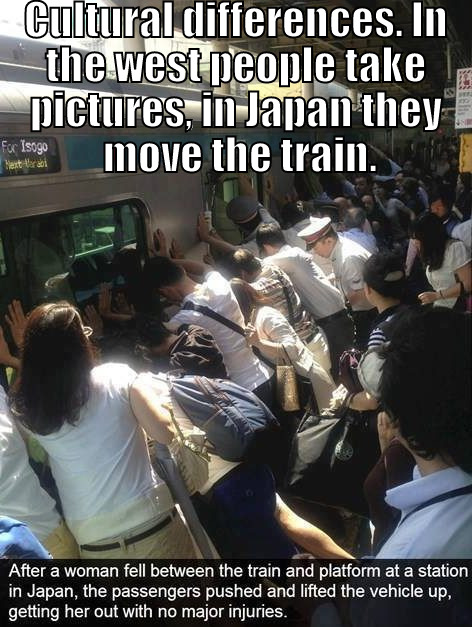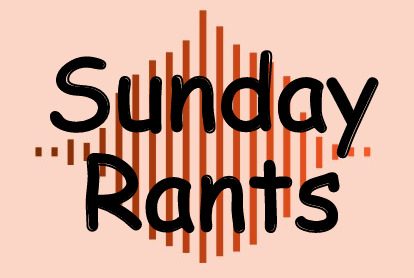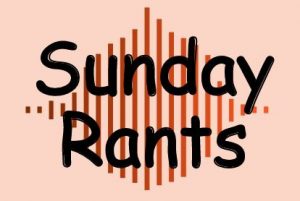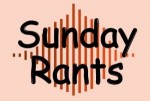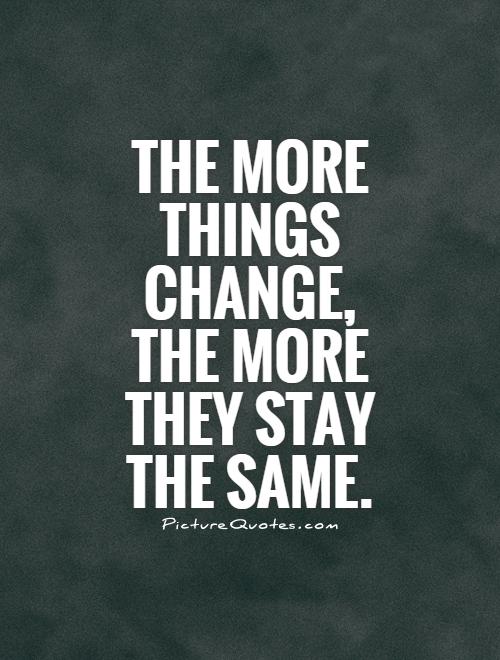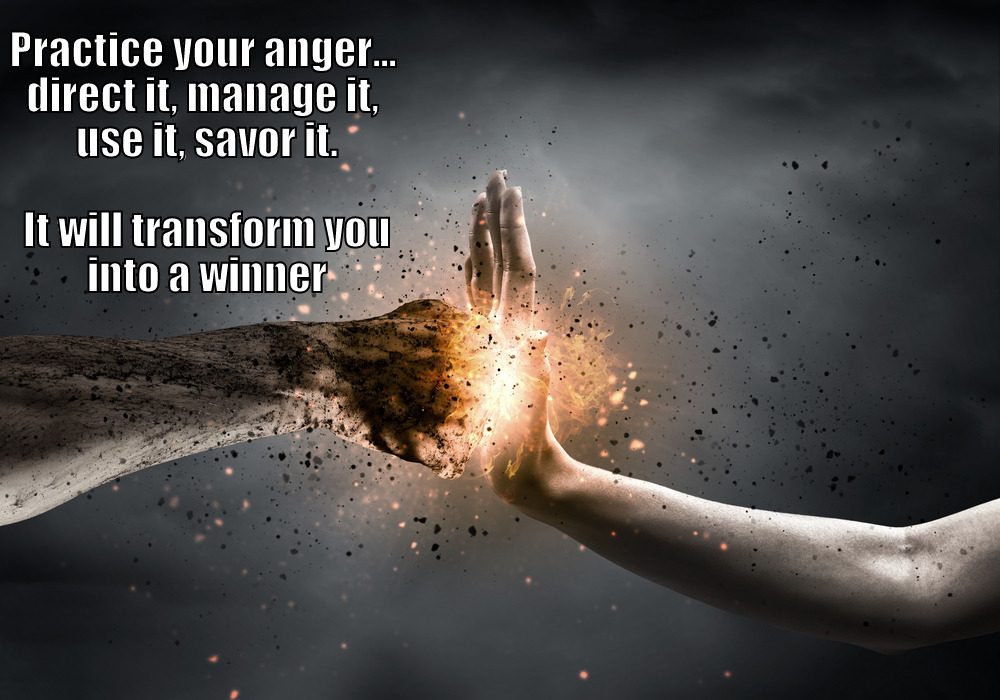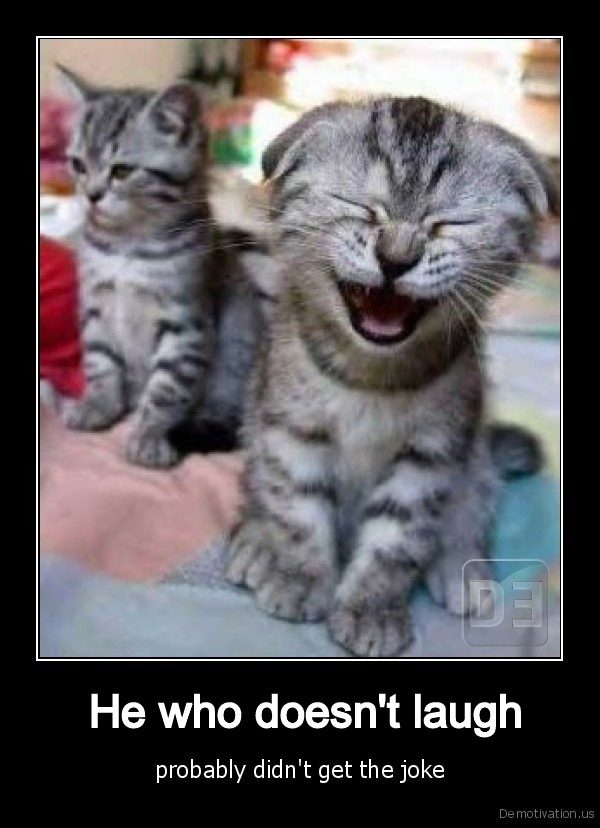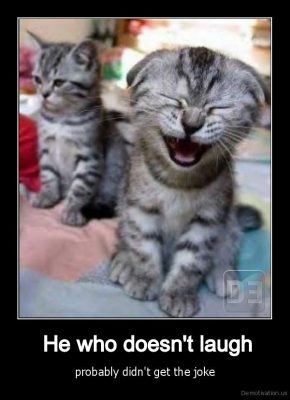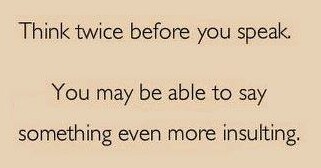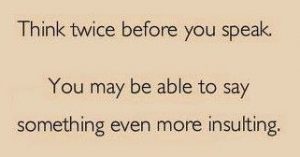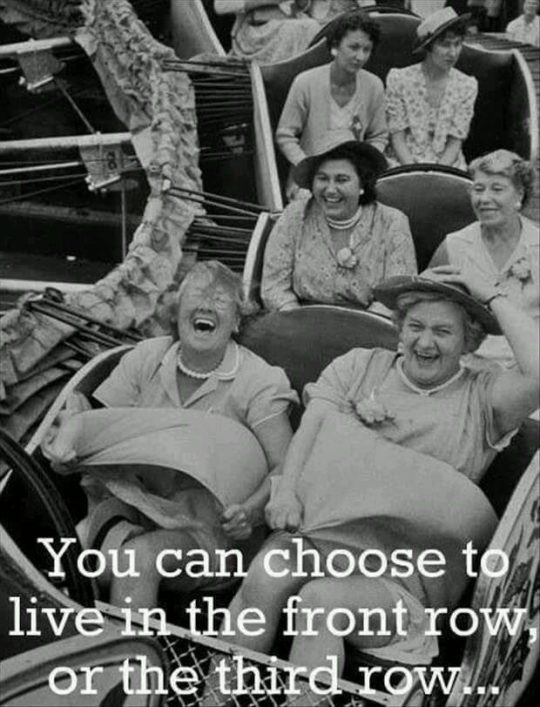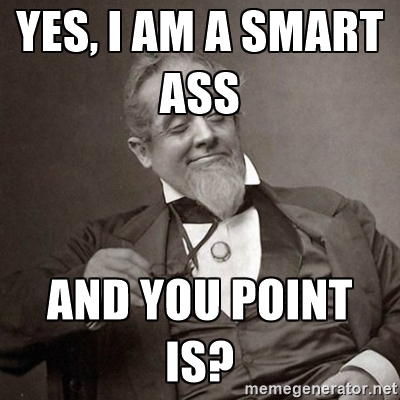
 Creativity comes from the “other than conscious” activity of the brain. The part that is neither linear nor word based.
Creativity comes from the “other than conscious” activity of the brain. The part that is neither linear nor word based.
I spend a large chunk of the day allowing it to do what it does…
It is allowing whatever is going on in the brain and in the body to go on… The best way is to make yourself busy.
Washing the dishes, vacuuming, doing the laundry, walking, or playing Freecell…
One of the useless things Tai teach is what he calls armchair meditation. He wants you to do serious linear thinking… which is proven to be a lot less accurate than your other than conscious brain doing the work unattended.
Why? Because the other than conscious mind is not corrupted. It doesn’t think one thing is good becau
